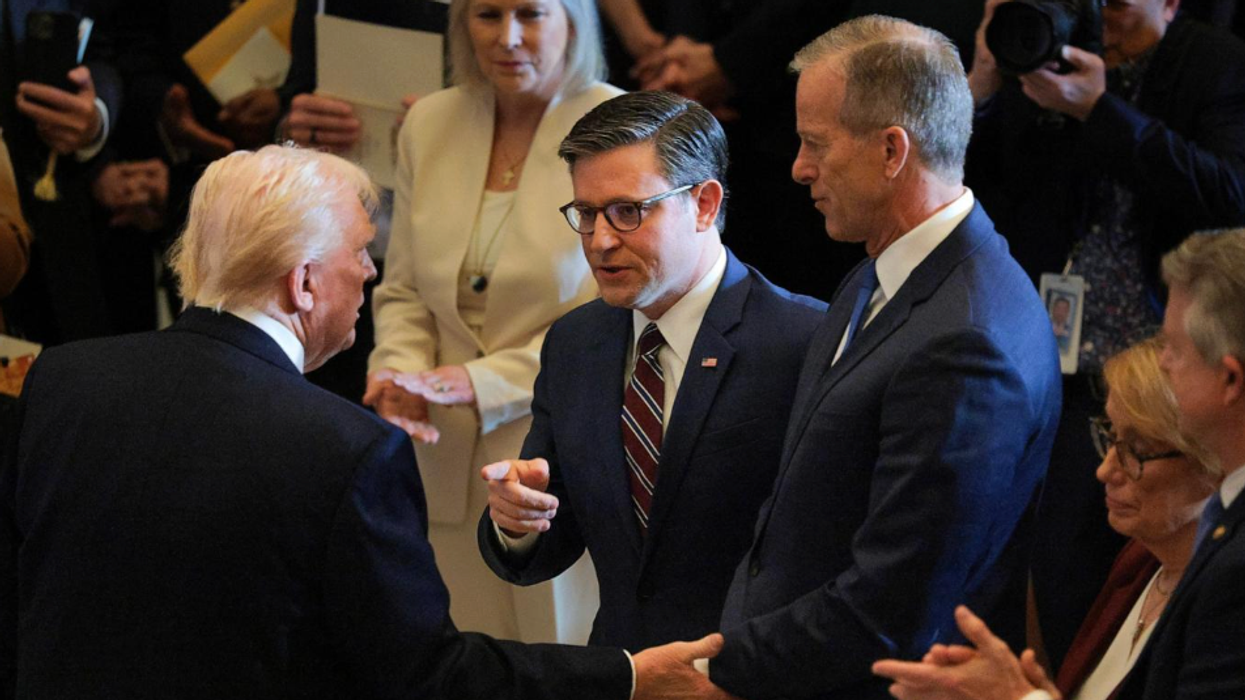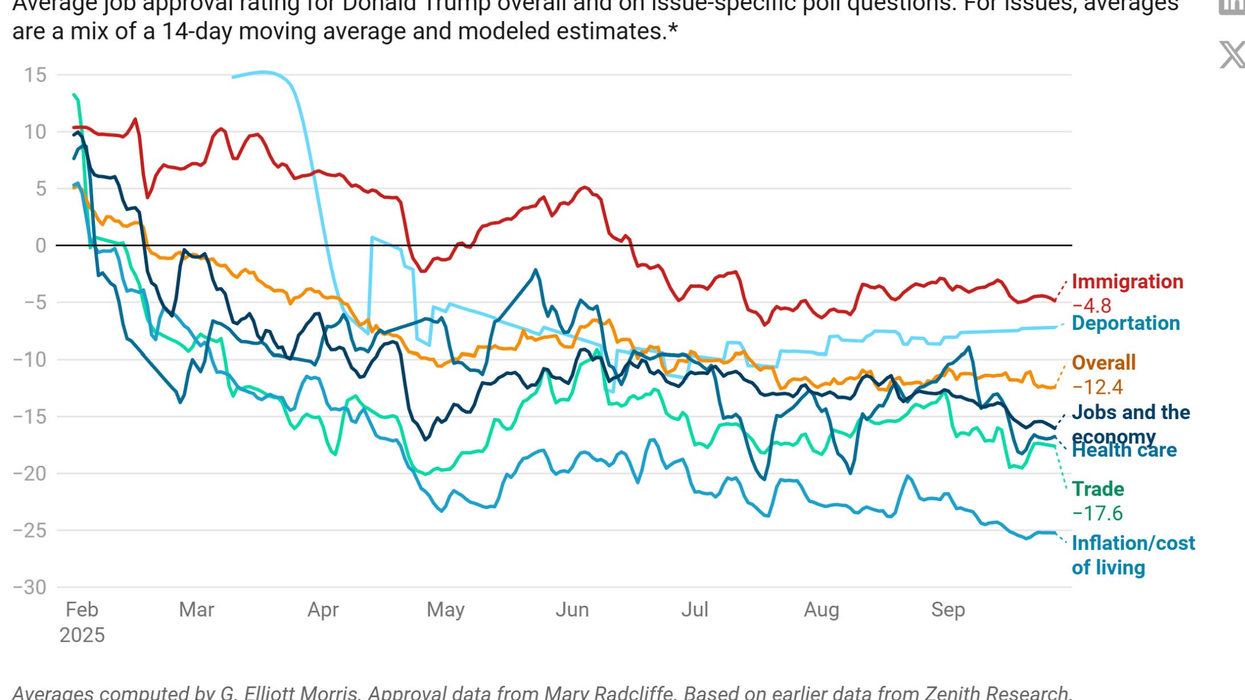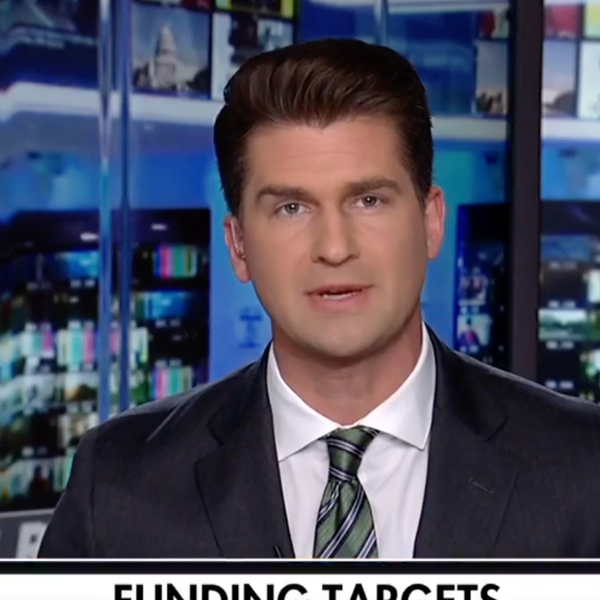First Year Poll: Americans Scorn Trump For Making Everything Worse
When President Donald Trump took the oath of office, Americans approved of the job he was doing by a nearly 10-percentage-point margin as they hoped he would lower costs and make life a little easier—a number that horrified Democrats amid fears that Teflon Don and his MAGA movement were untouchable entities.
Yet now, almost exactly a year into his term, Americans overwhelmingly believe Trump has been a failure and that his policies and actions have made things worse in almost every sector of American life, according to a new CNN/SSRS poll released on Friday.
Nearly two-thirds of Americans (58%) think Trump's second term has been a failure, and a majority (55%) say his policies have worsened economic conditions in the country—the very thing voters put him back in office to fix.
CNN/SSRS also polled Americans on whether they believe Trump has made progress on or exacerbated the issues he pledged to tackle in his dark inaugural address. The results there were also damning, with a plurality saying Trump made things worse on every single issue CNN surveyed.
On Trump's pledge to restore safety in the U.S., 39% say he's made things worse as opposed to the 35% who say he's made progress. On bringing law and order to American cities, 42% say he's made things worse, while 33% say he's made progress. On restoring free speech, 41% say he's made things worse, compared with just 27% who say he's made progress. On ending the weaponization of the Department of Justice—which was never weaponized in the first place and correctly charged law-breaking Trump with multiple crimes—41% say he's made things worse, and just 21% say he's made progress.
Most embarrassingly, 47% of Americans say he has not been a peacemaker and a unifier—despite Trump's deluded belief that he has ended multiple wars.

Of course, all of this was predictable.
Former Vice President Kamala Harris, as well as the Democrats who supported her, warned that a second Trump term would be a disaster, with him abusing his power to punish those who don't support him and to enrich himself and his wealthy benefactors. And that's exactly what he's done.
He has weaponized the Department of Justice to go after his perceived enemies. He's deployed a lawless, ill-trained immigration gestapo to brutalize Americans in the streets and to carry out his racist and evil anti-immigration agenda. He pardoned violent insurrectionists and other rich fraudsters who used their considerable means to bribe their way to freedom. He's cut benefits to the poor and slashed the federal government in a way that hurt federal workers while also costing taxpayers money. His idiotic trade policy has not only failed to lower prices but also tanked the job market. And he's literally destroyed part of the White House to turn it into his own version of his tacky Mar-a-Lago club.
Turns out, America isn’t a fan of all that. A year into his term, just 39% approve of the job he's doing in office, according to the CNN/SSRS survey—a terrible position for him to be in ahead of the midterm elections.
When Trump took office, Democrats were despondent, thinking that Americans approved of Trump and that there was nothing they could do to turn public opinion on their side.
Yet we now see that Trump is vulnerable. Indeed, with less than a year to go before the midterms, Democrats are the favorites to win control of the House and may even have a shot at flipping the Senate.
And, believe it or not, a lot of that is thanks to Democratic messaging. Democrats have tied Trump’s evil moves to the fact that he’s focused on everything but making life more affordable for Americans.
So, as horrible as everything is, keep fighting the good fight. Trump and the GOP are not untouchable.












